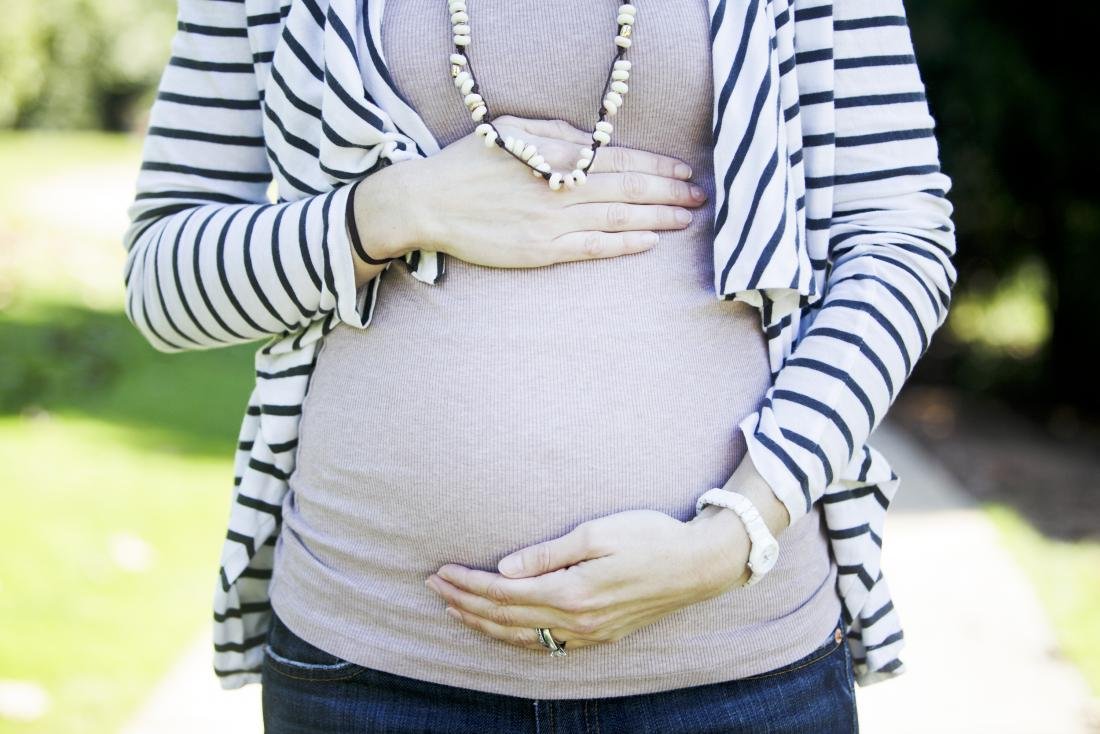Excited about your growing baby bump? Chances are, you’re utterly obsessed with your bump and probably can’t stop touching it. And even just like the bump keeps getting bigger by the day, your love for the amazing little life growing inside it keeps getting stronger and stronger.
But how much do you actually know about the changes that are unfolding on the outside and the bustling activity that’s happening on the inside? Worry not, we are here to help you understand all that you need to know about your ever-expanding baby bump.
It’s barely noticeable in the beginning –
Yes, there will be a lot of changes happening in your body once find out about your pregnancy. But aside from that big, beautiful smile on your face, you might not look radically different on the outside. In fact, most women don’t start showing before the second trimester. Wondering why? Well, during those early weeks of pregnancy, your bundle of joy is still too tiny to make an appearance.
Even at 4 weeks, your baby’s still the size of a poppy seed! And it is only when you hit the three-month mark that your baby is about the size of a lime. And if you are showing before the second trimester, then it has more to do with the weight gain and bloating than the baby.
It doesn’t matter how high or low your bump is –
People will, without doubt, tell you the gender of your baby based on the positioning of your baby bump. But, whether your bump is perched high or low, it really has nothing to do with the gender of the baby. Let’s go about this logically. How can the position of the bump be an indicator of gender? If anything, it just tells you how strong your abdomen is. High bumps indicate strong muscles, while low bumps indicate weaker muscles or maybe the fact that you’ve had previous pregnancies.
The dark line in the center is perfectly normal –
Raging pregnancy hormones can cause many changes, from darker complexion to hyperpigmentation on your face. Those same hormones are also responsible for that black vertical line running from your belly button to your pubic region, also known as linea negra.
The line starts to become noticeable around 23 weeks and fades away a few months post delivery. To make it less pronounced, try and cover up your belly every time out step out in the Sun, and it can intensify the skin discoloration.
Get ready to sport an outtie –
Love sporting an “innie” belly button? Well, it won’t stay that way for long. In about 26 weeks, your expanding uterus will make your belly button to protrude, turning it into an outie. Just like the million other changes happening in your body during pregnancy, this change is also harmless and most likely not permanent. So post-pregnancy, your belly button will once again be an “innie” as soon as your belly deflates.
Now if any of those rockstar moms are wondering about what happens if your belly button is pierced? Here’s the answer, as long as your piercing is healed and not freshly done, there’s no reason to worry or remove your navel ring. But once your stretching belly makes it uncomfortable for you to wear it, that’s the time you might want to take it out. And in cases where the skin around the ring seems red or inflamed, remove the piercing, as it could be signs of infection.
Your baby bump is cozy, not soundproof –
By the time you hit the 16-week mark, your baby’s ears are formed enough for them to be able to hear your voice. Of course, everything will be slightly muffled in there, but for now, the baby’s happy just to be a listener. But, by 26 weeks, the baby’s brain is developed enough to respond to stimuli. So, don’t be surprised if he/she gives a little kick whenever you talk or sing to her!
From the moment you begin to show till the time you hear your baby’s first cry, your belly is growing and changing throughout. And now that you are a little more informed about your baby bump, you are most likely to understand it more. Not only is it the warm, cozy and nourishing home of your baby for the first 9 months, it’s also a way for you and your baby to connect before she/he is born.




